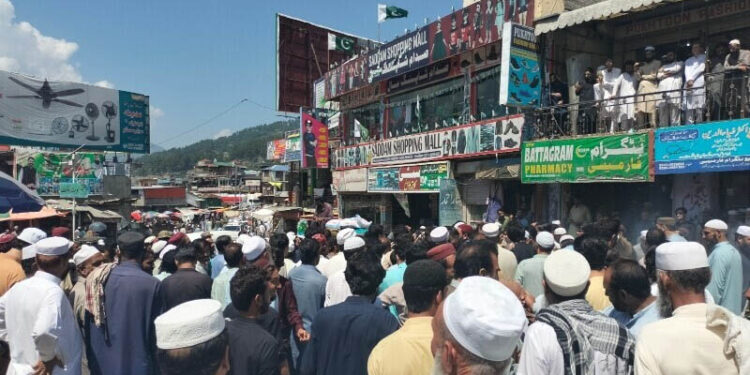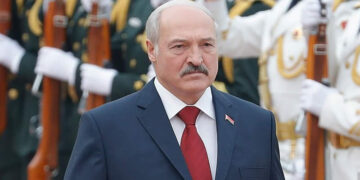Public unrest has intensified since Saturday as citizens nationwide protest against skyrocketing electricity bills. This surge in electricity tariffs led interim Prime Minister Anwaarul Haq to convene an urgent session on Sunday, which, however, ended without a resolution. The Prime Minister’s Office (PMO) indicated further discussions set for today.
Information Minister Murtaza Solangi informed the media about Monday’s extended deliberations, hinting at possible relief for affected consumers. Yet, he underlined the tight fiscal space the government faces to provide relief. Solangi disclosed that the interim Prime Minister is exploring various relief measures but refrained from sharing specifics until a concrete decision is made.
Emphasizing the government’s stance, Solangi remarked that it’s unfair for the impoverished to bear hefty bills while elites and officials enjoy complimentary electricity.
Even as the government reconvened, public demonstrations against soaring power bills persisted in cities like Bhawalnagar, Layyah, Lahore, and Peshawar. In Peshawar, protesters denounced both escalating prices and persistent power outages. Elsewhere, in Charsadda and Battagram, they rallied against the Water and Power Development Authority (Wapda) and voiced concerns over rising taxes on electricity.
In Rawalpindi, protestors gathered outside the Islamabad Electric Supply Company (Iesco), symbolically burning their bills and voicing their frustration.
Sunday’s meeting chaired by PM Kakar spotlighted that while Wapda/Discos employees enjoyed electricity worth Rs1 billion for free, the average citizen paid up to Rs42 per unit. PM Kakar asserted that any decisions made would prioritize national interests and the welfare of the people. He emphasized his commitment to the common man and ordered a review of officials enjoying free electricity benefits. The Premier also noted intentions to reduce power consumption at official buildings, including the PM House. Today, PM Kakar is set to liaise with provincial leaders to discuss July’s high bills and energy-saving initiatives.













